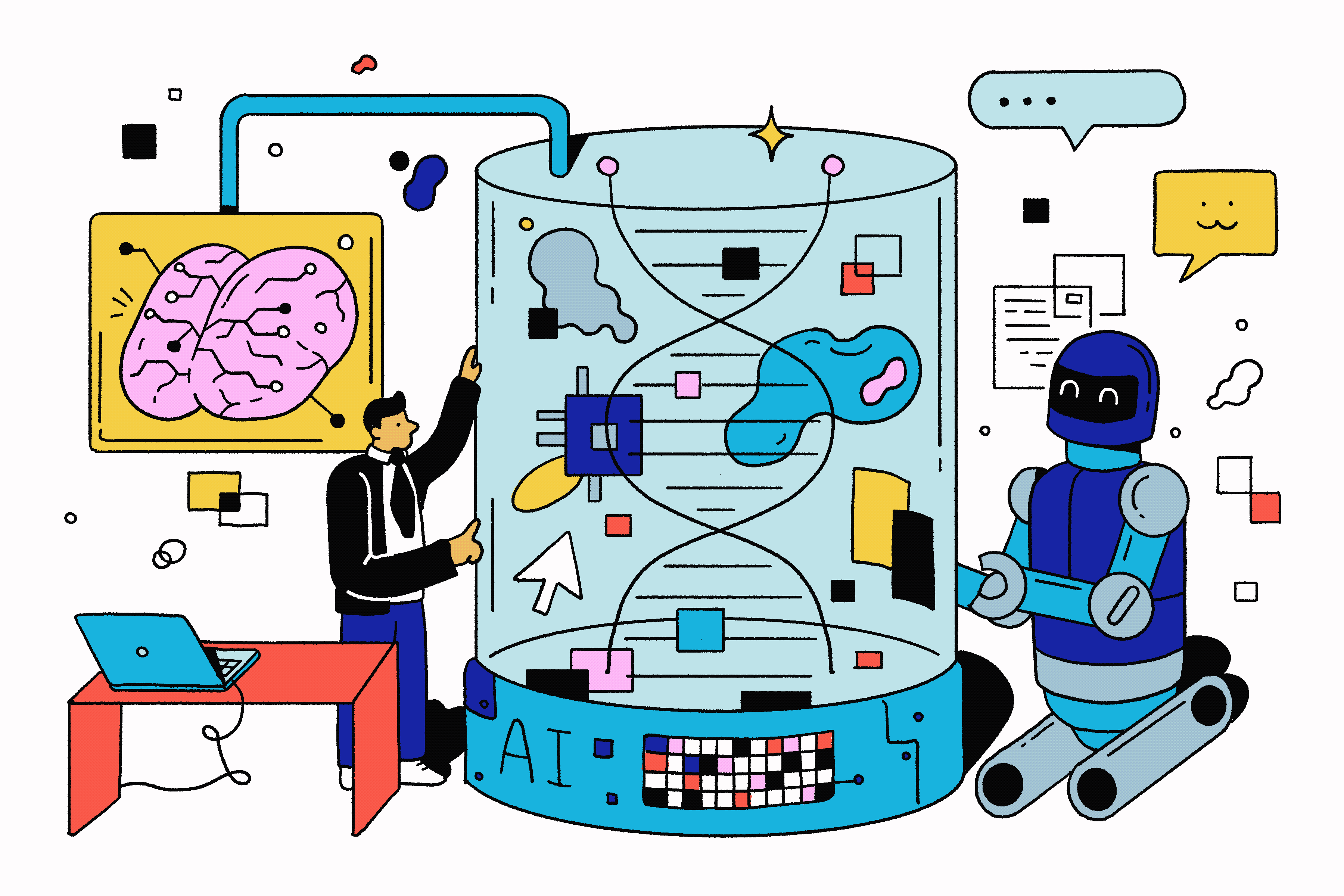The expanded use of artificial intelligence in K-12 education this school year is prompting very strong feelings, from calling it the “Terminator” to telling people to get hip, because “it’s here to stay.”
Educators are also creating new approaches to balance the benefits and drawbacks of the new technology. Fewer seem to be calling for outright bans on large language models like ChatGPT, recognizing that students will have to learn how to use AI in future jobs. Still, many are worried that AI, unchecked, could lead to lazier students and much more cheating.
What is clear is that educators are hungry for guidance from their schools, districts, and states on how to use AI for instruction. But they say they are not getting that guidance.
“I was asking for a district policy for student use of AI last spring and was brushed off,” said a Minnesota social studies teacher in the open-ended response section of an EdWeek Research Center survey conducted last fall. “Teachers shouldn’t be left out in the wind on this issue.”
In that survey of educators from across the country, scores of respondents weighed in on the role of AI in education. Education Week pulled the 25 responses it felt best represented the wide array of feelings and ideas about how to use AI effectively. Some of those responses were edited for length and clarity.
Here’s what they had to say:
—High school teacher (social studies/humanities/civics/history) | Maryland
—High school teacher (English language arts/literacy/reading) | Texas
—High school science teacher | New York
—District-level administrator (curriculum and instruction) | New Jersey
—High school principal | New Jersey
—High school teacher (Bilingual education/English as a second language) | Nebraska
—High school teacher (social studies/humanities/civics/history) | Michigan
—Middle school teacher (computer applications) | Illinois
—High school teacher (math/computer science/data science) | Texas
—Middle school science teacher | Colorado
—High school teacher (world/foreign languages) | South Dakota
—High school teacher (special education math) | Georgia
—High school teacher (social studies/humanities/civics/history) | Minnesota
—Middle school teacher (special education) | Michigan
—High school science teacher | North Carolina
—High school teacher (social studies/humanities/civics/history) | California
—Elementary school teacher | Wisconsin
—Elementary school teacher | Oregon
—High school fine arts teacher | Texas
—High school teacher (career and technical education) | Florida
—High school teacher (social studies/humanities/civics/history) | Indiana
—District-level administrator (special education) | Arkansas
—Middle school principal | Georgia
—Middle school teacher (math/computer science/data science) | Georgia
—High school teacher (English language arts/literacy/reading) | Connecticut

Data analysis for this article was provided by the EdWeek Research Center. Learn more about the center’s work.







